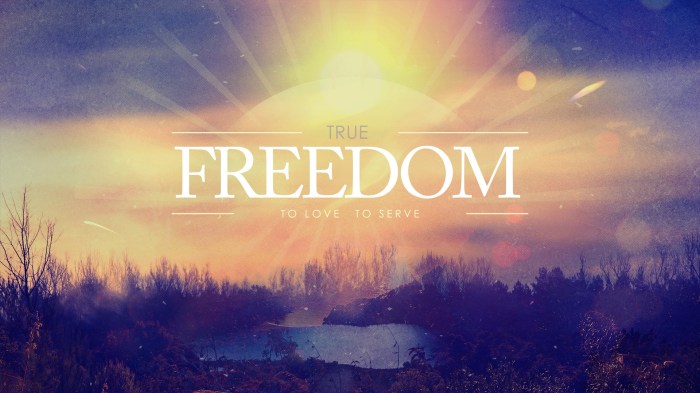In the realm of discourse, the concept of freedom of expression stands as a cornerstone of democratic societies. Delving into what’s true about freedom of expression everfi, this introduction immerses readers in a unique and compelling narrative, with an authoritative tone that is both engaging and thought-provoking from the very first sentence.
Exploring the fundamental principles that underpin this essential right, we embark on a journey to uncover the intricate tapestry of limitations, societal implications, and the transformative impact of technology on the ever-evolving landscape of free speech.
The second paragraph provides descriptive and clear information about the topic, expanding on the significance of freedom of expression in shaping historical events and societal progress, while acknowledging the complexities and challenges that arise in balancing this right with other societal interests.
Concept of Freedom of Expression

Freedom of expression is a fundamental human right that empowers individuals to express their thoughts, ideas, and opinions without fear of censorship or reprisal. It is essential for a democratic society as it allows for the free exchange of information, the dissemination of knowledge, and the scrutiny of power.
Fundamental Principles
Freedom of expression is based on several core principles, including the right to seek, receive, and impart information and ideas, the right to criticize and dissent, and the right to artistic and academic freedom. These principles ensure that individuals can engage in open dialogue, challenge prevailing ideas, and express their perspectives without fear of persecution.
Historical Significance
Freedom of expression has played a pivotal role in shaping historical events and societal progress. From the Enlightenment to the Civil Rights Movement, the ability to express dissenting views has been instrumental in challenging oppressive regimes, fostering social change, and advancing human rights.
Limitations and Restrictions: What’s True About Freedom Of Expression Everfi

While freedom of expression is a fundamental right, it is not absolute. There are certain types of speech that may be restricted or prohibited, such as incitement to violence, defamation, hate speech, and obscenity. These restrictions are necessary to balance freedom of expression with other important societal interests, such as public safety, privacy, and the protection of vulnerable groups.
Legal Frameworks, What’s true about freedom of expression everfi
The limitations on freedom of expression are often defined by legal frameworks. In many countries, these frameworks include defamation laws, hate speech laws, and national security laws. These laws establish specific criteria for determining when speech may be restricted or prohibited, and they provide legal recourse for individuals who have been harmed by unlawful speech.
Impact of Technology

The advent of social media and digital platforms has had a profound impact on freedom of expression. While these platforms have expanded access to information and facilitated global communication, they have also raised new challenges, such as online censorship, the spread of misinformation, and the erosion of privacy.
Ethical Implications
The impact of technology on freedom of expression has raised a number of ethical concerns. These concerns include the potential for online censorship to suppress dissenting views, the spread of misinformation to undermine public trust, and the erosion of privacy to stifle free expression.
It is important to strike a balance between protecting freedom of expression and addressing these ethical concerns.
Commonly Asked Questions
What are the fundamental principles underlying freedom of expression?
The fundamental principles underlying freedom of expression include the right to express one’s opinions and ideas without fear of censorship or reprisal, the right to seek and receive information, and the right to participate in public discourse.
What are the limitations and restrictions on freedom of expression?
Limitations and restrictions on freedom of expression may include laws against hate speech, incitement to violence, defamation, and obscenity. These restrictions are designed to balance the right to free speech with other important societal interests, such as public safety and order.
How has technology impacted freedom of expression?
Technology has had a profound impact on freedom of expression, both expanding and challenging it. Social media and digital platforms have made it easier for individuals to share their views and connect with others, but they have also raised concerns about online censorship and the spread of misinformation.